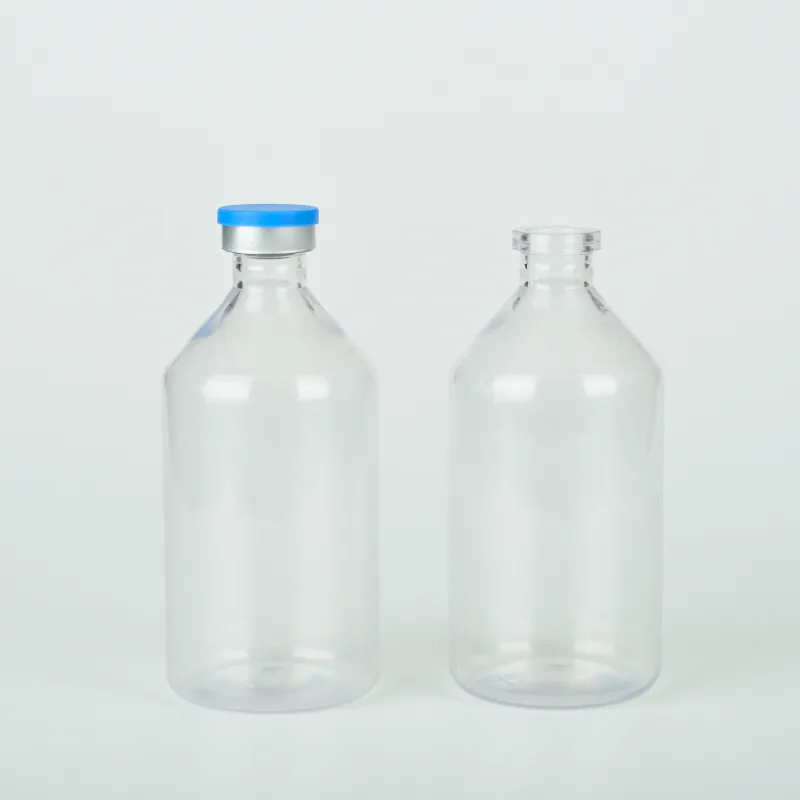
-
 Afrikaans
Afrikaans -
 Albanian
Albanian -
 Amharic
Amharic -
 Arabic
Arabic -
 Armenian
Armenian -
 Azerbaijani
Azerbaijani -
 Basque
Basque -
 Belarusian
Belarusian -
 Bengali
Bengali -
 Bosnian
Bosnian -
 Bulgarian
Bulgarian -
 Catalan
Catalan -
 Cebuano
Cebuano -
 Corsican
Corsican -
 Croatian
Croatian -
 Czech
Czech -
 Danish
Danish -
 Dutch
Dutch -
 English
English -
 Esperanto
Esperanto -
 Estonian
Estonian -
 Finnish
Finnish -
 French
French -
 Frisian
Frisian -
 Galician
Galician -
 Georgian
Georgian -
 German
German -
 Greek
Greek -
 Gujarati
Gujarati -
 Haitian Creole
Haitian Creole -
 hausa
hausa -
 hawaiian
hawaiian -
 Hebrew
Hebrew -
 Hindi
Hindi -
 Miao
Miao -
 Hungarian
Hungarian -
 Icelandic
Icelandic -
 igbo
igbo -
 Indonesian
Indonesian -
 irish
irish -
 Italian
Italian -
 Japanese
Japanese -
 Javanese
Javanese -
 Kannada
Kannada -
 kazakh
kazakh -
 Khmer
Khmer -
 Rwandese
Rwandese -
 Korean
Korean -
 Kurdish
Kurdish -
 Kyrgyz
Kyrgyz -
 Lao
Lao -
 Latin
Latin -
 Latvian
Latvian -
 Lithuanian
Lithuanian -
 Luxembourgish
Luxembourgish -
 Macedonian
Macedonian -
 Malgashi
Malgashi -
 Malay
Malay -
 Malayalam
Malayalam -
 Maltese
Maltese -
 Maori
Maori -
 Marathi
Marathi -
 Mongolian
Mongolian -
 Myanmar
Myanmar -
 Nepali
Nepali -
 Norwegian
Norwegian -
 Norwegian
Norwegian -
 Occitan
Occitan -
 Pashto
Pashto -
 Persian
Persian -
 Polish
Polish -
 Portuguese
Portuguese -
 Punjabi
Punjabi -
 Romanian
Romanian -
 Russian
Russian -
 Samoan
Samoan -
 Scottish Gaelic
Scottish Gaelic -
 Serbian
Serbian -
 Sesotho
Sesotho -
 Shona
Shona -
 Sindhi
Sindhi -
 Sinhala
Sinhala -
 Slovak
Slovak -
 Slovenian
Slovenian -
 Somali
Somali -
 Spanish
Spanish -
 Sundanese
Sundanese -
 Swahili
Swahili -
 Swedish
Swedish -
 Tagalog
Tagalog -
 Tajik
Tajik -
 Tamil
Tamil -
 Tatar
Tatar -
 Telugu
Telugu -
 Thai
Thai -
 Turkish
Turkish -
 Turkmen
Turkmen -
 Ukrainian
Ukrainian -
 Urdu
Urdu -
 Uighur
Uighur -
 Uzbek
Uzbek -
 Vietnamese
Vietnamese -
 Welsh
Welsh -
 Bantu
Bantu -
 Yiddish
Yiddish -
 Yoruba
Yoruba -
 Zulu
Zulu
general laboratory supplies
General Laboratory Supplies Essential Tools for Scientific Research
Laboratory supplies are the backbone of scientific research and experimentation. These supplies facilitate various procedures and ensure that experiments can be conducted safely, efficiently, and accurately. From simple glassware to complex equipment, general laboratory supplies play a crucial role in numerous fields, including biology, chemistry, physics, and materials science.
Glassware
One of the most fundamental components of any lab is glassware. Items such as beakers, flasks, test tubes, and pipettes are integral for mixing, heating, and measuring liquids. Beakers, typically made of glass or plastic, are employed for stirring and heating liquids, while Erlenmeyer flasks are favored for their tapered necks, which help in minimizing evaporation during experiments. Test tubes allow for quick reactions in small volumes, while pipettes are essential for accurately transferring liquids. With various sizes and types available, choosing the right glassware can significantly impact the accuracy and reliability of experimental results.
Chemicals and Reagents
Another critical aspect of laboratory supplies involves chemicals and reagents. These substances are utilized in reactions, protocols, and various analyses. Laboratories often maintain a well-stocked inventory of common chemicals, including acids, bases, salts, and solvents. It is essential to handle these materials with care, as they can pose safety hazards if not used properly. Furthermore, proper labeling, storage, and disposal of chemicals are critical to maintaining a safe laboratory environment and adhering to regulatory guidelines.
Safety Equipment
general laboratory supplies

Safety is paramount in any laboratory setting. As such, a range of safety equipment is required to protect researchers and personnel from hazards. Personal protective equipment (PPE) includes lab coats, gloves, and safety goggles. These items are designed to minimize exposure to hazardous substances and prevent injury. In addition to PPE, safety-related supplies such as safety showers, eyewash stations, and fire extinguishers must also be readily available to address emergencies effectively.
Consumables
Consumable supplies such as gloves, filters, and petri dishes are essential for day-to-day operations in the lab. Laboratory gloves, typically made of latex or nitrile, protect researchers from harmful substances and biological materials. Filters, on the other hand, are used in various applications, including sterilization processes and separation techniques. Petri dishes are commonly used for culturing microorganisms or growing cell cultures, making them a staple in biological laboratories.
Equipment
While glassware and chemicals are fundamental, more advanced equipment is also vital for scientific research. Instruments such as centrifuges, spectrophotometers, and incubators are essential for specific applications. Centrifuges are used to separate substances based on density, making them invaluable in biochemistry and molecular biology. Spectrophotometers enable researchers to measure the absorbance of samples, crucial for quantitative analysis. Incubators provide a controlled environment for biological samples, ensuring optimal growth conditions.
Conclusion
In conclusion, general laboratory supplies encompass a wide range of items essential for conducting scientific research across various disciplines. From basic glassware and chemicals to advanced equipment and safety gear, each component plays a vital role in ensuring experiments are performed accurately and safely. As science continues to advance, the demand for high-quality laboratory supplies will only increase. Researchers must stay updated on the latest developments and products to enhance their work and contribute to the ever-evolving landscape of science and technology. The correct selection and usage of these supplies can lead to groundbreaking discoveries and innovations that impact our world significantly.
-
Premium 200ml Medicine Bottles – Leakproof Dropper & Spray Options at Best PriceNewsJul.05,2025
-
PTFE Centrifuge Tubes - Chemical Resistant, Leak-proof, Ideal for Laboratory UseNewsJul.05,2025
-
Premium Metal Dropper Bottle for Precise Dispensing 250ml & 1ml Options AvailableNewsJul.04,2025
-
20 ml Headspace Vials - High Quality Polyethylene & Plastic Vials for Lab UseNewsJul.04,2025
-
Small Bottle with Pipette - Precise Dispensing 100ml Pipette Bottles for Essential Oils & Lab UseNewsJun.24,2025
-
Acetic Anhydride Bottle for Accurate Dropper Measurement in Pharmacy Use High-Quality Dropper BottlesNewsJun.10,2025






















